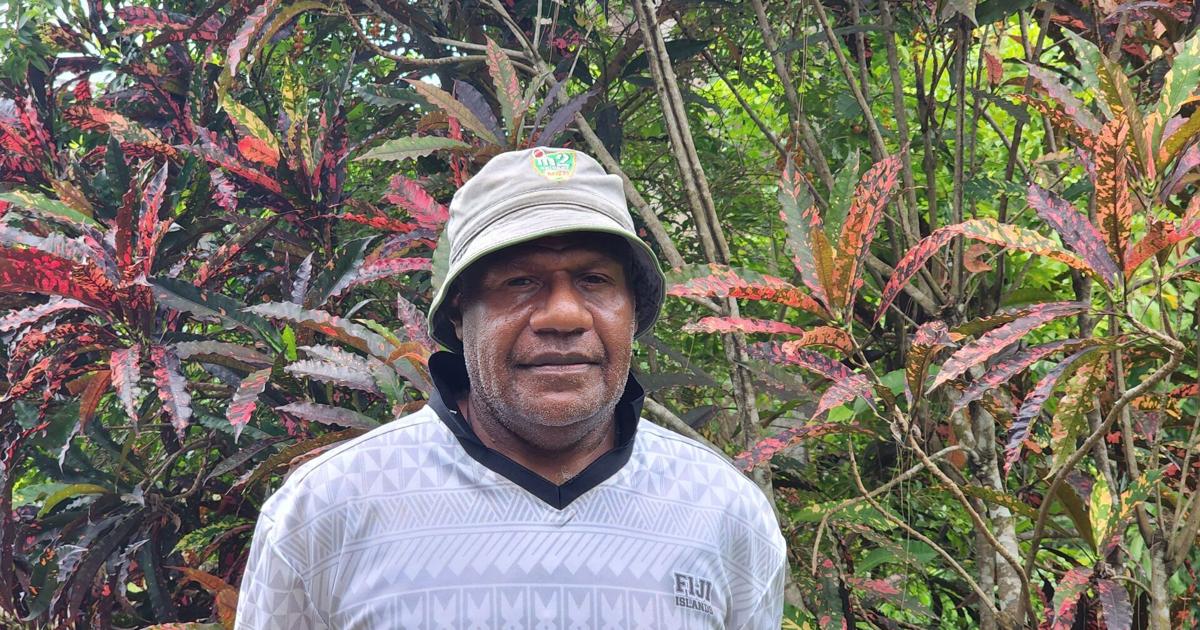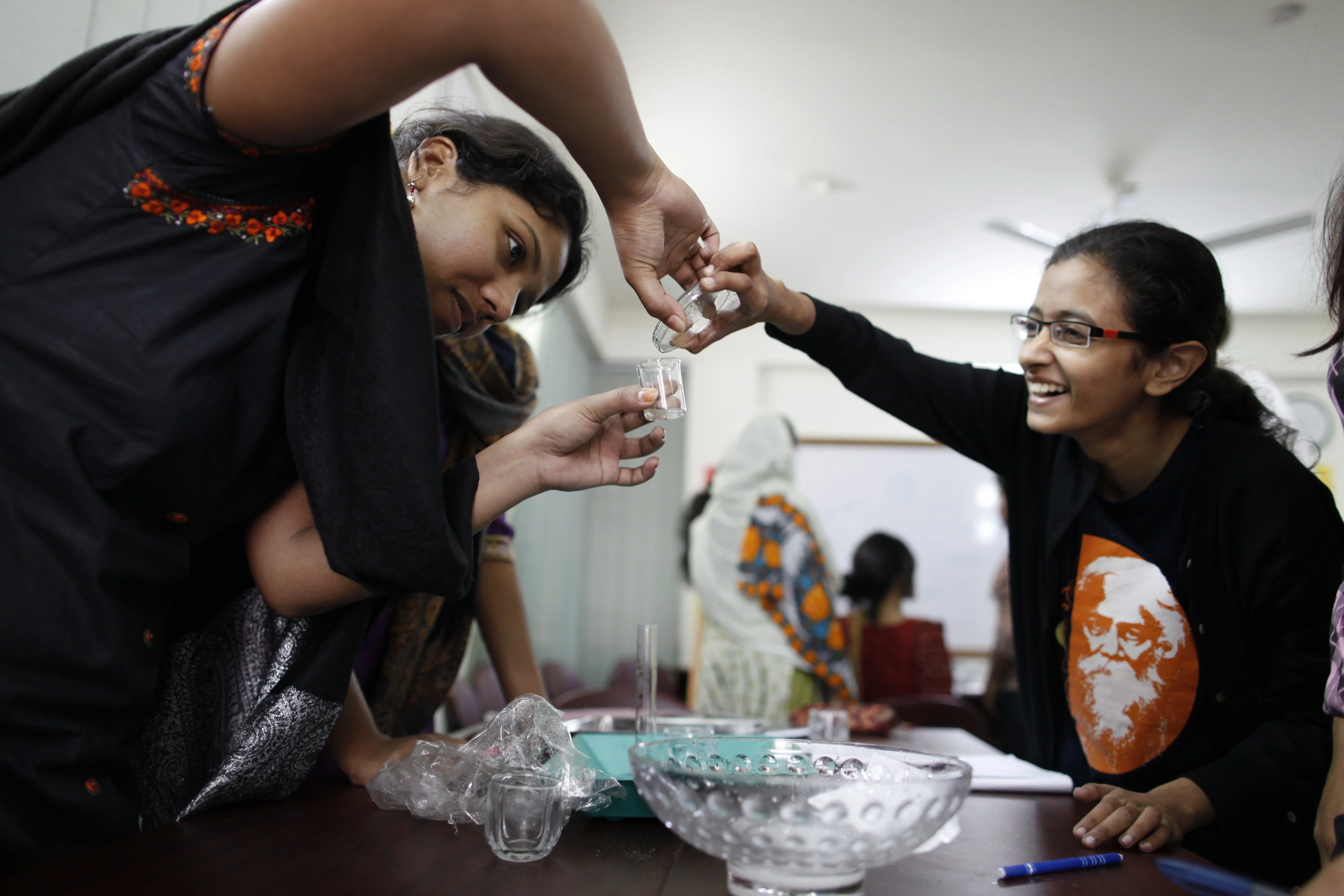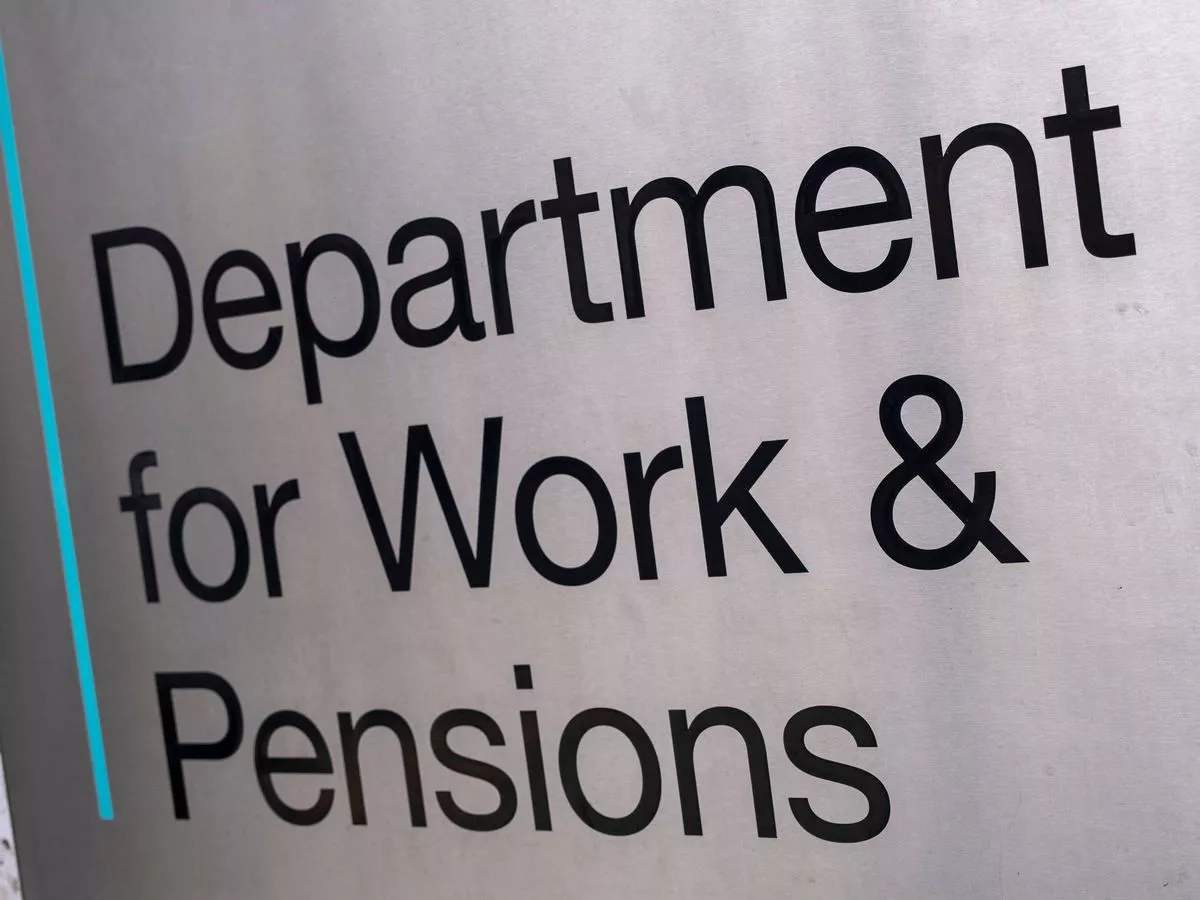Copyright thehindu

Can term-end summative examination as a form of assessment be done away with totally? Not just yet, given the 60 % weightage that it enjoys in the current structure of assessment. However, the academia seems to be inclined towards adopting formative methods of assessment, involving continuous, low-stakes techniques, to ensure better learning outcomes. Professors of engineering institutions in the State deliberated on the topic, Formative Assessment in Engineering Colleges – Review and Reforms, on Wednesday as part of the ‘Uyarkalvi Uraiyadalgal’ conversation series organised by the Tamil Nadu State Council for Higher Education (TANSCHE). While summative assessment was an evaluation of learning, formative assessment was an evaluation for learning, since it aided the process of learning by helping adjust the gaps and correct mistakes in course of the journey, the teachers stated. They said that continuous assessment methods would require greater involvement of teachers into the system. Project-based assessments were gradually gaining popularity as well. Addressing complaints of possible increase in workload, they said that adopting appropriate technology and improving infrastructure of institutions could offset some of those problems. Policymakers, they lamented, suffered from lack of trust on the ability of the teachers to be able to handle formative assessment methods fairly. That, too, needed to be addressed. V. Kumaresan, Registrar in-charge, Anna University, said that the public university had revamped its first year syllabus to try and address higher-order cognitive skills and learning attributes through methods such as open book exams, simulations, or industrial visits. S. Sivabalan, Controller of Examinations, Vellore Institute of Technology, said both students and faculty should be aware of continuous methods of assessment so that they knew what is expected from them. Providing a glimpse of methods of assessment in the undergraduate level of IIT Madras where about 80 % of the assessment was formative, G.K. Suraishkumar, Professor, Biological Systems – Understanding and Manipulation, IIT Madras, said that institution employed methods like close-ended problem-solving groups, tutorials, reading incentives through flipped learning method, and choice-focus-analyse exercise. Sajan P. Philip, Associate Professor, Bannari Amman Institute of Technology, Sathyamangalam, suggested setting up of student portfolios that should include assessments from external competitions/events like hackathons. S. Muttan, former Head, Department of Electronics and Communications Engineering, Anna University, wondered if extra-curricular activities could also be included in formative assessment since the students could have lessons on ethics from these activities. M.P. Vijayakumar, Vice Chairman, TANSCHE, urged the teachers to think about how to put to best use the 40 % weightage given to formative assessment to drive learning outcome. P. Keerthi, Assistant Professor, Department of Chemistry, Anna University, moderated the discussion.



